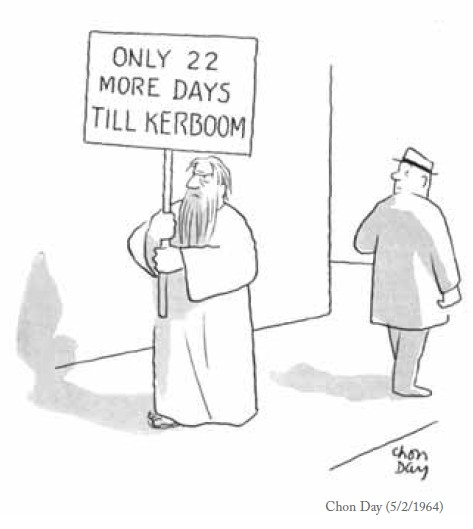The anti-nuclear lobby
There is a very well organised worldwide anti-nuclear lobby. This is particularly active amongst German 'greens' but has sympathetic elements in most 'Green' political parties worldwide. The Green Movement can be likened to the Church. It offers both a theology and a career path. Green politicians and activists typically need rallying issues to gather 'grass roots' supporters and attract resources. Among these iconic issues are whaling, dams, GM foods and other crops, animal welfare, garbage disposal, nanotechnology and nuclear power.
In the case of nuclear power there are several standard arguments: nuclear weapons proliferation; waste disposal; alleged cost subsidisation and the claimed dangers involved in the technology.
For further insights into this movement follow this link.
It is true that plutonium refined from used reactor fuel rods can be used to manufacture weapons. It is also true that some isotopes generated during fission have very long half lives.
Most sensible people oppose nuclear weapons proliferation; see this link to Bertrand Russell on this website. Of the thirty one countries with nuclear power just eight are known to have developed nuclear weapons.

But one weapons developer, Israel, has no nuclear power reactor. Several developed their weapons before introducing nuclear power and all nine have specialist facilities dedicated to weapons manufacture, quite separate to electricity generation. In addition to these South Africa once developed nuclear weapons, allegedly in cooperation with Israel, but has since dismantled its stockpile of six bombs. Three former soviet block members hold nuclear weapons they did not develop.
As an alternative to coal or gas for base load generation nuclear power is now very much an economic proposition and more than competitive with the higher cost renewables such as wind and solar. Follow this link for additional information on renewables.
Given the requirement for secrecy, massive capital investment and the breach of treaty obligations involved it is implausible that a commercial or state-owned power generator in Australia would take the opportunity to refine plutonium (a very costly and technology intensive process) for the purpose of making a weapon. The same goes for many of the countries already using commercial nuclear power.
The US and UK and several European countries have been using nuclear power for decades and the waste has not proven to be an insurmountable issue. Indeed the US is about to begin reprocessing old fuel that can now usefully be reused. As to terrorists making a 'dirty' conventional bomb there are many chemicals, like sarin, and biological agents, like anthrax, that are potentially easier to obtain and deliver and constitute a similar threat.
When logic fails an alternative strategy is to attack the integrity of an opponent.
Anti-nuclear activists like to use words like 'high priests' to describe the scientists and engineers who design and run nuclear power generators; and words like 'secrecy', 'cover-up' and 'corruption' are used in almost every discussion of the utilities employing the technology. Yet the same criticisms could be directed at almost any technology or corporation; including those exploiting coal and gas or owning wind farms or solar generators.
Another strategy is to condemn the whole by finding fault with a related issue. The entire nuclear industry is spoken of as a single enemy with no differentiation made between competing and often radically different technologies.
Yet the actual technologies in use are not secret; indeed nuclear power is better documented and controlled that almost any other modern technology. Conceptually it does not involve 'high priests'. Anyone of average intelligence can easily understand the basic principles; and these are readily accessible in a public library; in a children's 'how does it work book'; or on the Internet.
Almost all technologies are potentially dangerous. Tens of thousands of people are killed and injured annually by fire. All systems need to be properly designed, regularly maintained, and competently run. Nevertheless all will fail from time to time and we need to improve designs and practice based on that experience. Consider the many rail disasters, plane crashes, car accidents, chemical plant explosions, mine disasters and so on. Society has learned to accept these risks as part of the cost of the benefits they bring.
It is far more risky getting into a car driven by a friend than to live next door to a nuclear reactor. In the case of your friend's car - was it designed to be safe in the first place? Has it been properly maintained? Is your friend competent, alert, healthy, sober? Are other drivers and vehicles in the vicinity safe? The list goes on. Similar arguments apply to aircraft, trains and boats. The people who call nuclear engineers 'high priests' seldom apply such terms to describe motor mechanics, ships' captains, aircraft engineers or even pilots, yet the degree of specialist knowledge is directly comparable; and all of these technologies kill far more people a year then does nuclear power.
